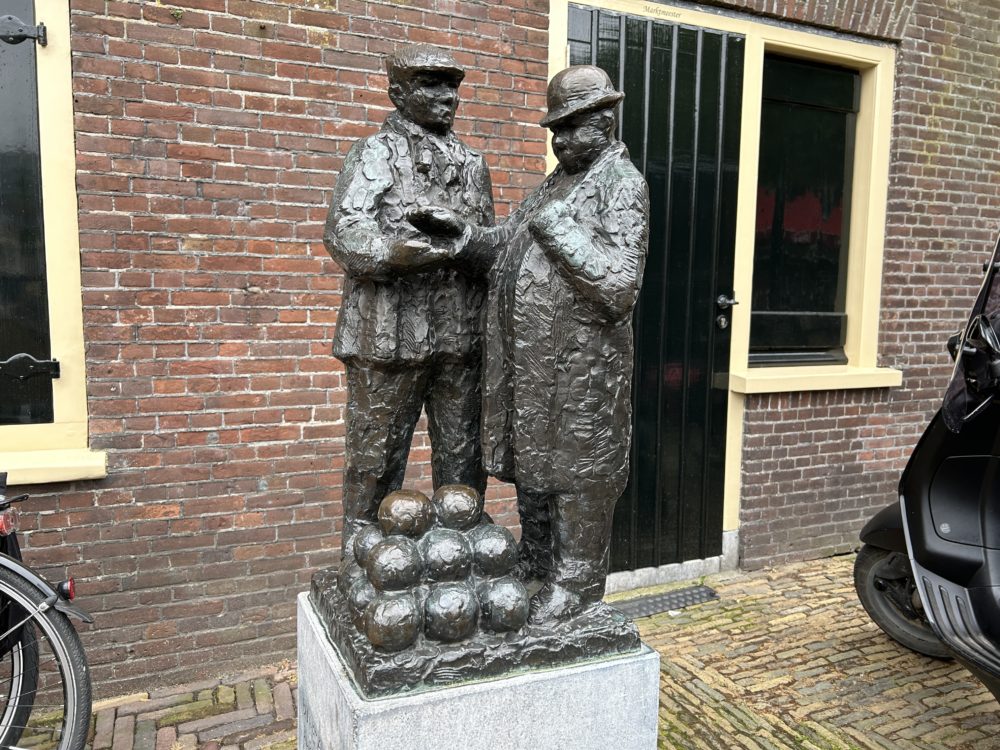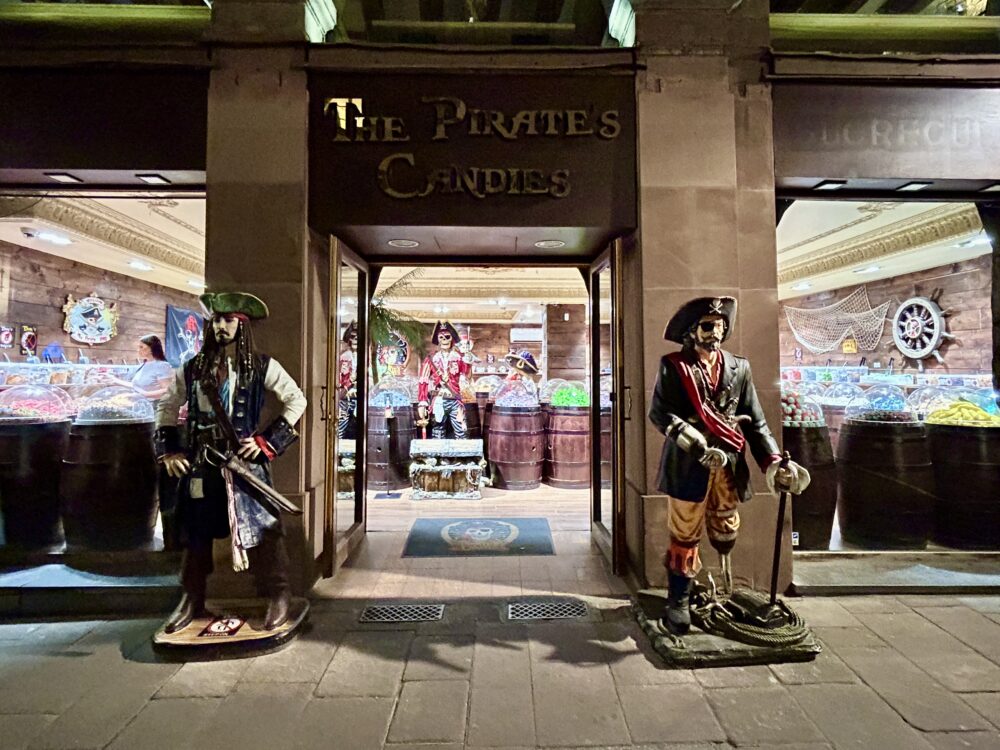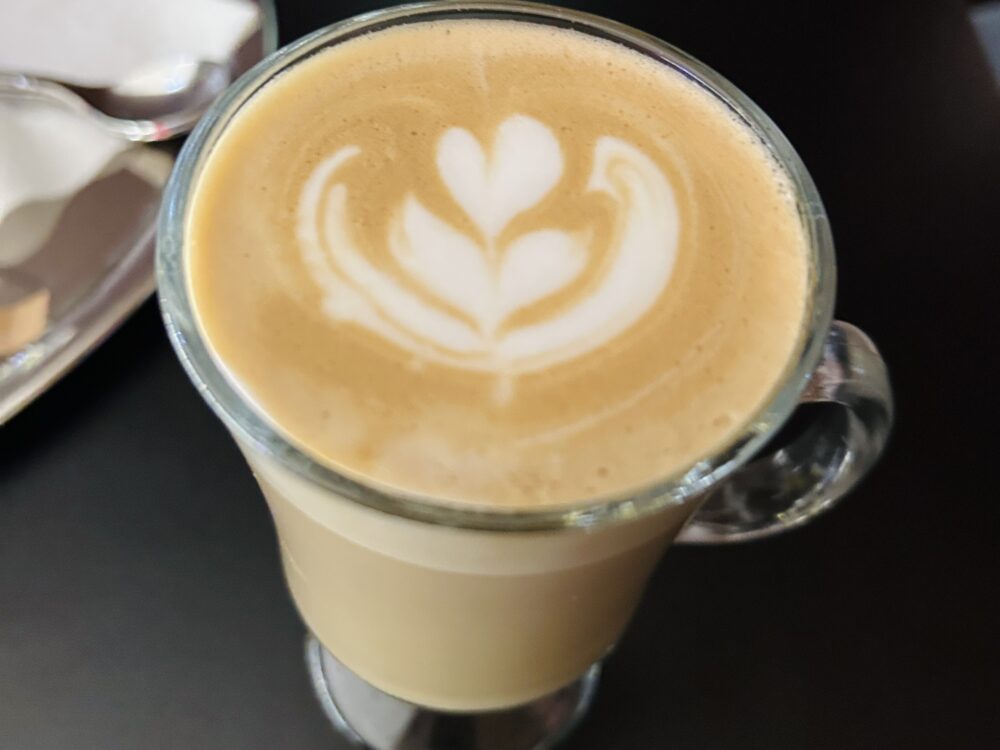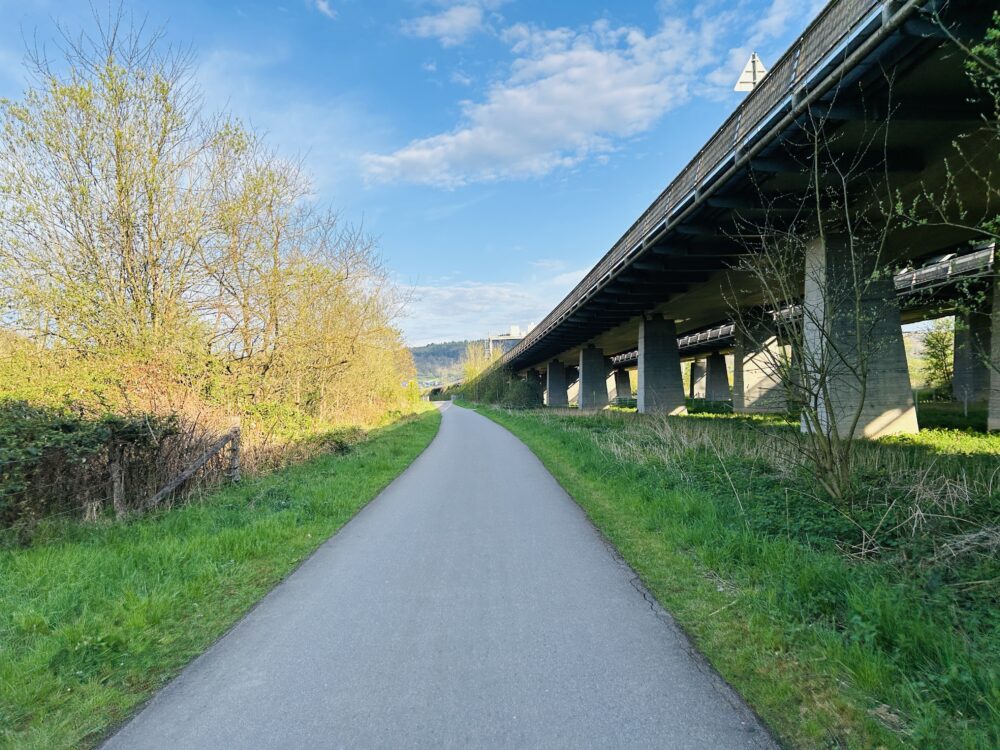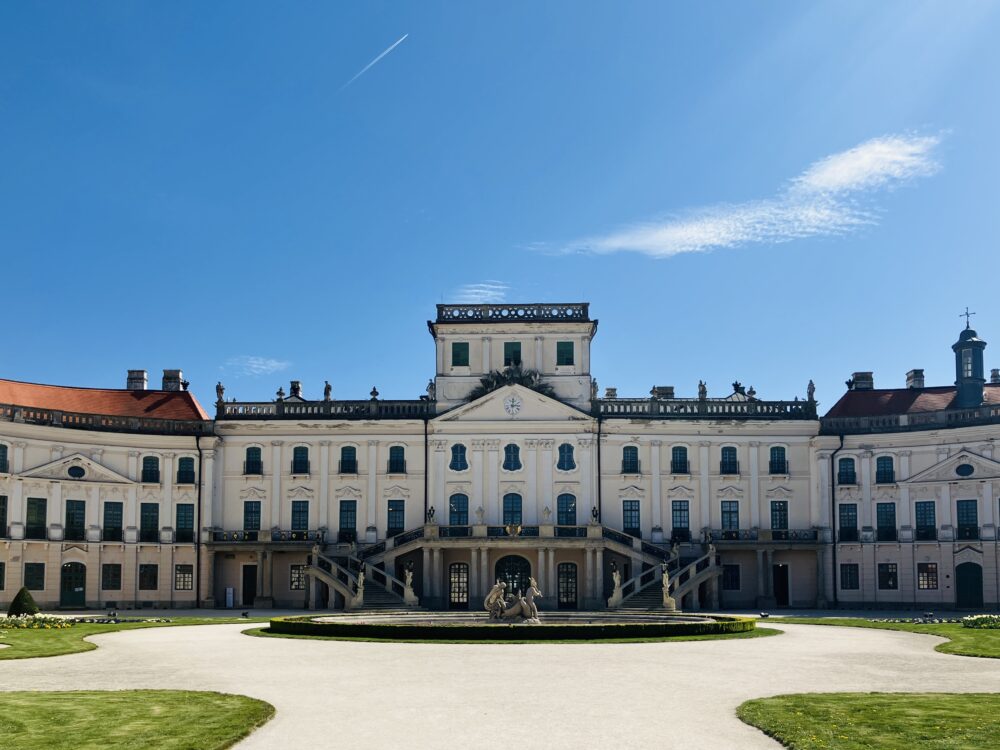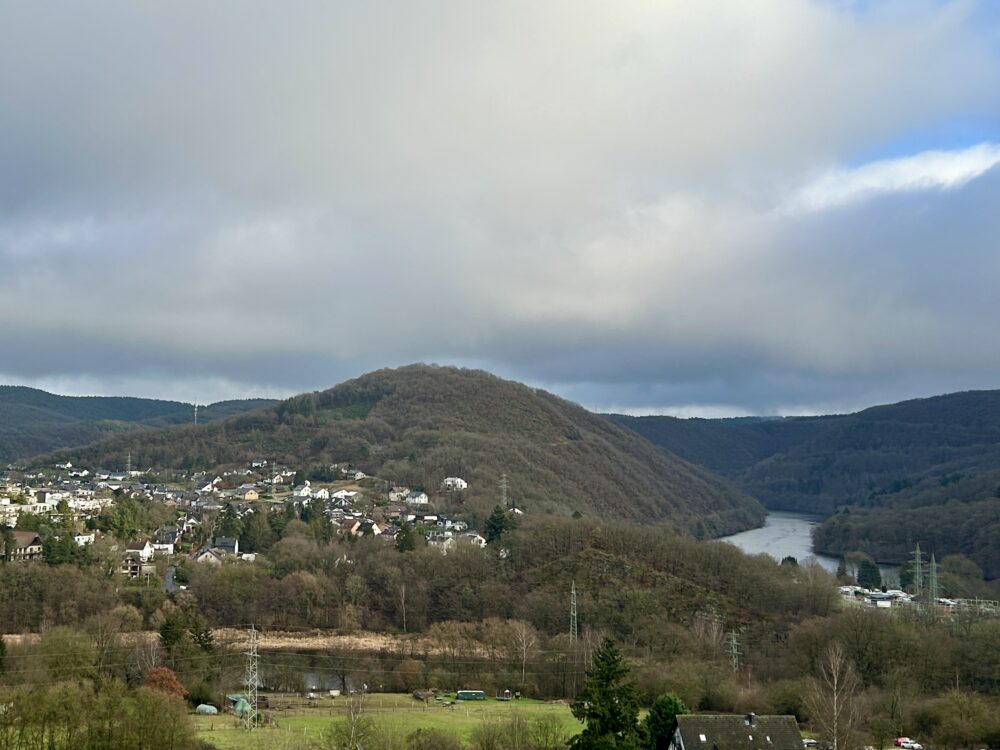In the charming city of Alkmaar, a statue stands as a testament to the enduring legacy of cheese in the Dutch economy. This article delves into the economic significance of cheese in Alkmaar and the Netherlands—a tale of tradition, trade, and prosperity.
The Cheese Tradition in Alkmaar
Alkmaar’s cheese market is a vibrant hub of commerce and culture, dating back to 1365. Here, cheese carriers, donning traditional garb, transport hefty wheels of cheese, while traders engage in spirited bargaining. This market is not just a tourist attraction but a living piece of economic history that continues to contribute to Alkmaar’s prosperity.
The Cheese Museum and Its Exhibition
Next to this bustling market lies the Dutch Cheese Museum, housed in the historic Weigh House. The museum’s exhibitions offer insights into the dairy trade’s impact on the Dutch economy, featuring artefacts and interactive displays that trace the evolution of cheese making and its economic implications.
Cheese’s Role in the Dutch Economy
Cheese is a cornerstone of the Dutch economy. The Netherlands is a global cheese powerhouse, with exports contributing significantly to the nation’s GDP. In 2022, cheese exports were valued at $5.19 billion, reflecting its status as a key export product. The agricultural sector, with dairy at its core, represents about 1.5% of the Dutch GDP, underscoring the economic weight of cheese.
The Historical Significance of Dutch Cheese
The Dutch cheese industry has matured over centuries, from humble beginnings to a major economic force. The tradition of cheese making and trade has been a consistent driver of the Dutch economy, evolving with time to adapt to global markets and consumer preferences.
#cheese🧀 #netherlands🇳🇱 #alkmaar #tradition #economy



